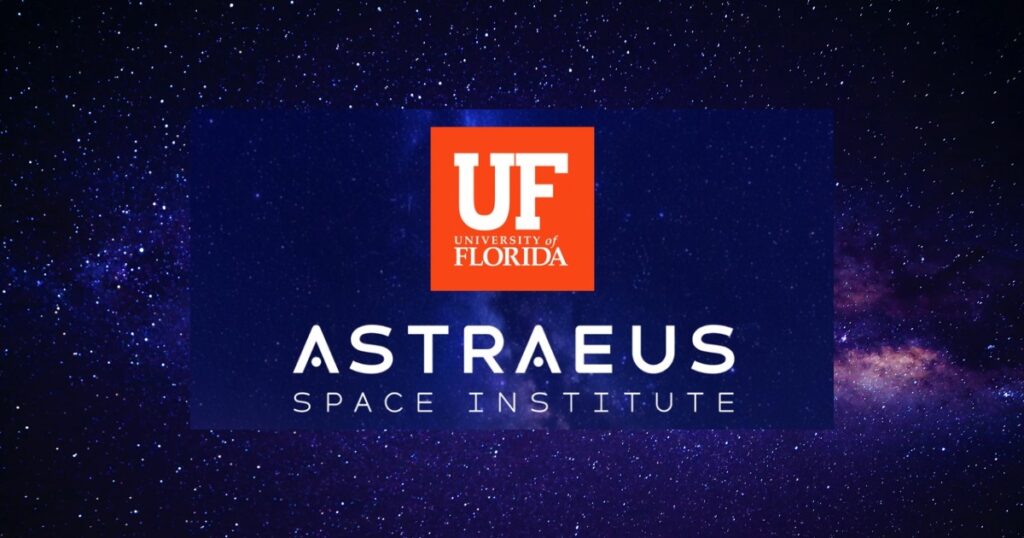Gainesville, Fla. — University of Florida emergency medical doctors help shape the future of human spaceflight by filling the gap between medicine and engineering.
Dr. Peter Alexandrov, a member of UF’s Astraeus Space Institute and Medical School, recently completed a two-month rotation with Vast, the civil aerospace company working on launching the world’s first commercial space station. Based in Long Beach, California, the vast objective aims to develop human support systems for long-term missions in space.
While carrying it to the company, Alexandrov worked with Dr. Dana Levin, a lead flight surgeon who specializes in propulsion, human systems and space nutrition, and his engineering team. The rotation was part of Alexandroff’s broader efforts to integrate clinical knowledge into the design of spaceflight systems, a key component of the emerging field of space medicine.
“Historically, there has been a disconnect between the medical and engineering processes,” Alexandrov said. “But both are about risk management. Filling these gaps is essential to helping humanity establish a long-term presence in the universe.”
He emphasized that the challenge of maintaining health in space exceeds the people facing on Earth. “Health is even more complicated with spaceflight,” said Alexandroff. “However, the human body and our adaptability can actually contribute to the success of our mission. Think about Apollo 13. Designing space systems from scratch with human happiness in mind is the key to successful exploration and colonization.”
Back at UF, Alexandrov is launching space medicine initiatives through medical school. The program includes one of the nation’s first Space Medicine Fellowships, aiming to establish UF as a leader in training physicians on space-based missions.

A collection of experts in medicine, engineering and space science, Astraeus Space Institute focuses on developing solutions for sustainable human life beyond the globe.
“It’s not just about surviving in space,” said Alexandrov. “It’s about living – how we eat, work and thrive. This is no longer a science fiction. Future space doctors will help design missions from within.



